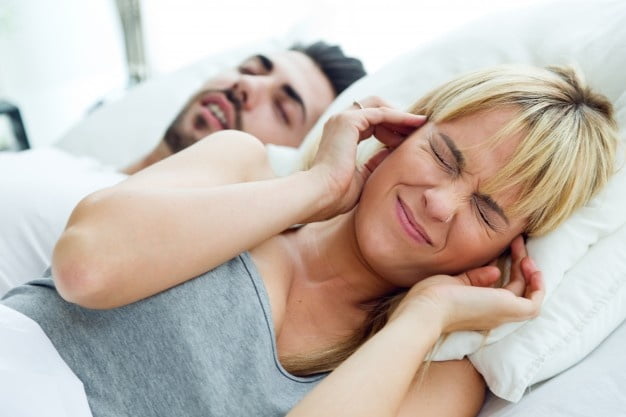Sleep apnea is a condition in which your breathing is repeatedly interrupted while you are sleeping. These breathing pauses usually last 10 to 20 seconds and can occur anywhere between 5 and 100 times each hour.
During a sleep apnea episode, the shortage of oxygen jolts you awake – usually so briefly that you don’t remember it. However, because your natural sleep schedule has been disrupted, you are spending more time in light sleep and less time in the deep, restorative sleep that you need to be energetic, intellectually bright, and productive the next day. Sleep apnea can cause a variety of health issues, even death in severe situations. As a result, it’s critical to take it seriously. If you or your bed partner suspects sleep apnea, schedule an appointment with a dental professional right away.
Here at Airdrie Springs Dental, we try to provide an effective solution to different kinds of dental problems. Though sleep apnea is not particularly a dental problem, you can get sleep apnea treatment at Airdrie Springs Dental. Keeping this in mind, our dentists have come up with a blog that will discuss the problem of sleep apnea in detail and also inform you about domestic tips to get rid of this issue.
8 Common Signs Of Sleep Apnea
As the most noticeable symptoms of sleep apnea only occur when you’re sleeping, it might be difficult to diagnose sleep apnea on your own. Nevertheless, you can get around this problem by having a bed partner observe your sleeping patterns or by recording yourself while sleeping. These are important sleep apnea warning indicators if pauses occur as you snore and are followed by choking or gasping.
- Snoring that is both frequent and loud
- During sleep, you may experience choking, snorting, or gasping
- Sleepiness and exhaustion during the day, regardless of how much time you spend in bed
- A dry mouth or a painful throat when you wake up
- Headache in the morning
- Insomnia, restless sleep, or nighttime awakenings
- Shortness of breath when you wake up in the middle of the night
- Getting up several times during the night to use the restroom
In case you notice or face any of the above-mentioned symptoms, do not hesitate to get in touch with us. Airdrie Springs Dental offers the best sleep apnea treatment in Airdrie, AB, and the surroundings.
How To Distinguish Between Sleep Apnea And Snoring?
Not everyone who snores suffers from sleep apnea. Similarly, all patients with sleep apnea do not always snore. How do you determine the difference between normal snoring and sleep apnea?
The most obvious indicator is how you feel during the day. Because normal snoring doesn’t interfere with the quality of your sleep as much as sleep apnea does, you’re less likely to feel tired and sleepy during the day. The way you snore gives you a lot of information. If you’re gasping, coughing, or producing other strange sounds while sleeping, you may have sleep apnea.
Even if you don’t have sleep apnea, a snoring problem can disrupt your bed partner’s sleep and negatively impact your own sleep quality. There are, nevertheless, certain suggestions and therapies that can help you stop snoring.
What Lifestyle Treatments Can Help You Treat Sleep Apnea?
Lifestyle adjustments may be sufficient to treat minor cases of sleep apnea. If that’s the correct place to start, your doctor will let you know. Even if you’re on a medical treatment plan, the modifications listed below can help you sleep better and lessen your sleep apnea episodes.
- Losing Weight Is Important – Losing weight can have a huge impact if you are overweight. While it is rarely a complete cure, it can help you minimize the number of breathing episodes you have, lower your blood pressure, and sleep less during the day. Even a tiny amount of weight loss can alleviate sleep apnea symptoms and open up your throat.
- Try Sleeping On Your Side – The worst position for sleep apnea is lying on your back, since it forces your jaw, tongue, and other soft tissues to slip back toward your throat, restricting your airway. Sleeping on your stomach isn’t much better, because sleeping face down or twisting your head to the side both make it difficult to breathe. On the other hand, lying on your side keeps your airway open. Countered side pillows or body pillows may help if you find side sleeping uncomfortable or if you tend to roll onto your back after falling asleep.
- It Is Better To Avoid Certain Things – Alcohol, anti-anxiety medications, and other sedatives should be avoided, especially before bedtime. The reason behind it is pretty simple. These things relax the muscles of the throat and make breathing difficult. Benzodiazepines (such as Xanax, Valium, Klonopin, Ativan), antihistamines (such as Benadryl, Claritin), opiates (such as morphine, codeine, Vicodin, Percocet), and sleeping medications fall into this category.
- Do Not Smoke – Smoking increases inflammation and fluid retention in the throat and upper airway, which contributes to sleep apnea.
We hope that you have gained a clear understanding of sleep apnea. If you have any further questions related to this topic, please contact the best Airdrie dentists. We are always happy to assist you in times of need.


